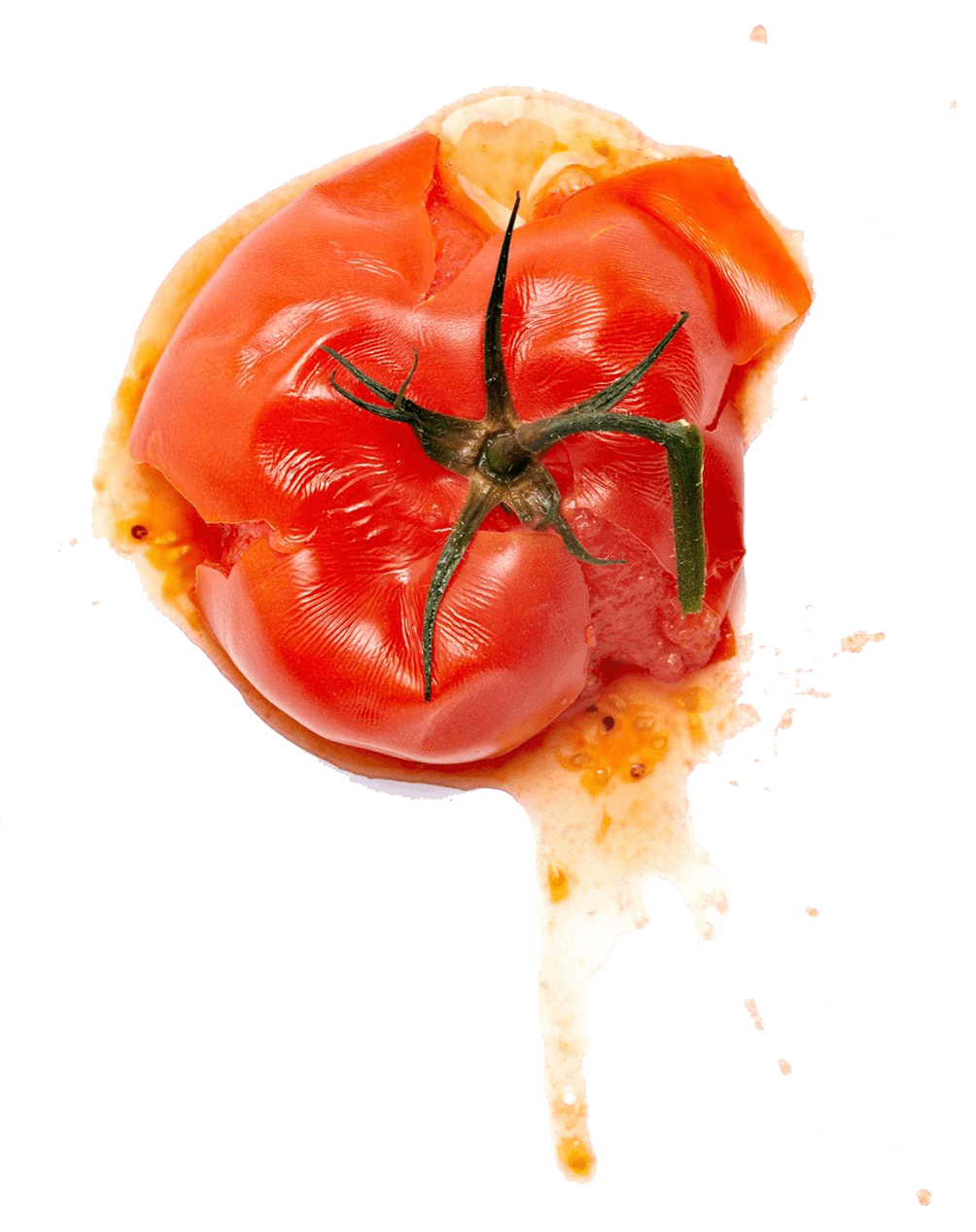
Reducing food waste in Chicago
Wellbeing of the Climate and Societies
Tackling the contrast between food scarcity and waste is crucial, especially as 40% of food in the US goes wasted, including 55 million pounds monthly in Chicago alone. This reflects a broader need for systemic change in how food is produced, distributed, and consumed.

Challenge
In collaboration with the City of Chicago, the NRDC, and the Food and Waste Action Lab at the Institute of Design, we are tasked to confront the escalating climate crisis fuelled by substantial food waste—24% of solid waste. With 66.2 million tons of food waste ending up in landfills and only 4% composted, our project aims to dissect and reimagine the existing food waste system. We seek to identify inefficiencies, propose actionable strategies, and empower stakeholders and policymakers to forge a pathway towards a sustainable, waste-minimized city, Chicago.
My Role
Researcher | Mapping & Visualizing data | Strategy
Time
14 weeks
Approach

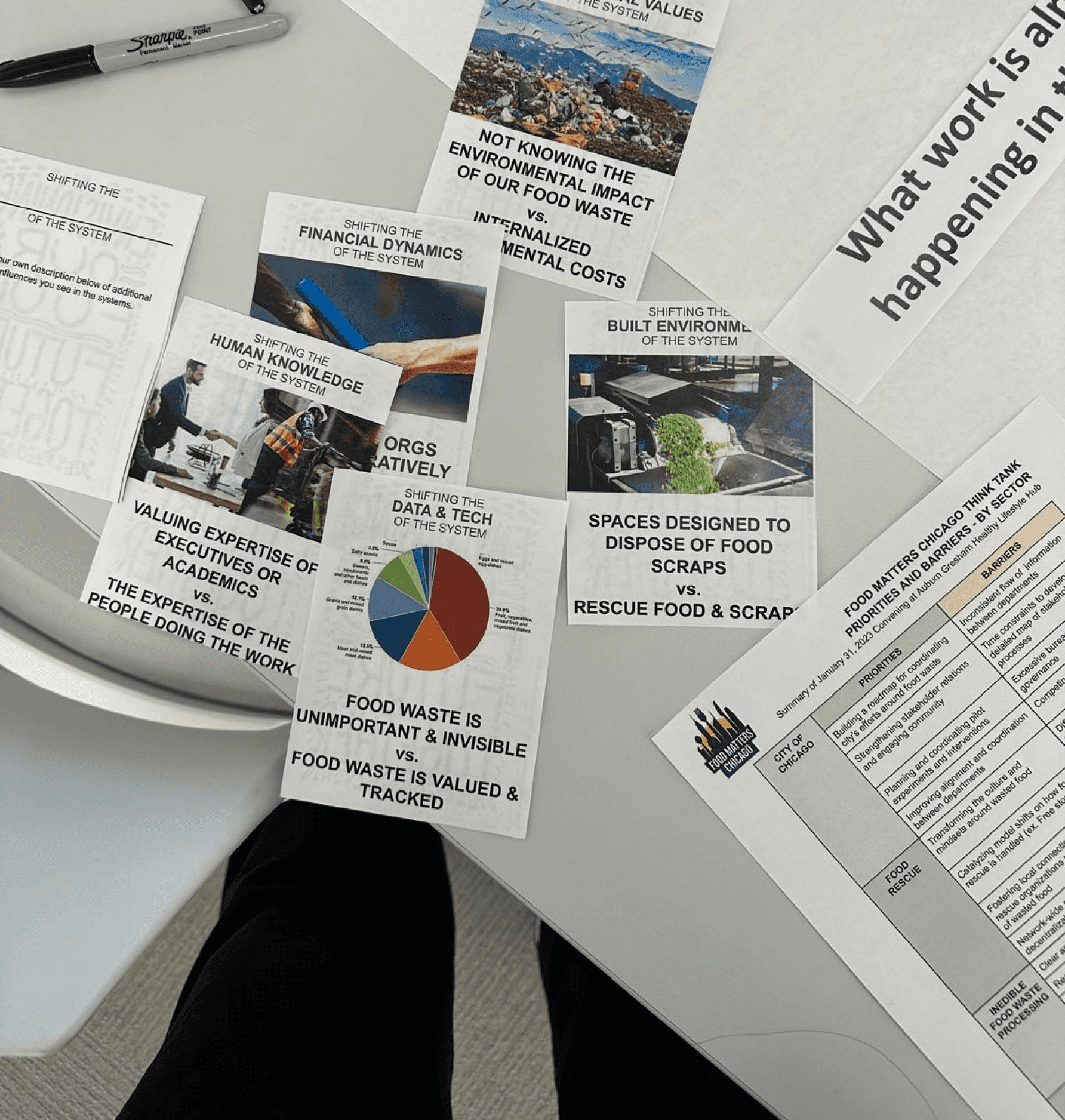
Food Matters Think Tank 1.0
We kick-started our dialogue with diverse stakeholders of wasted food efforts at the Food Matters Chicago Think Tank event. In the guidance of our mentors we facilitated conversations with groups of stakeholders representing:
City of Chicago & Policy
Food Service & Retail
Food Rescue & Community Organizations
Food Scrap Recycling
The groups identified priorities and barriers for advancing City-wide food waste reduction from their respective domains.
The identified priorities and barriers which helped us make future design decisions.

Project Requirements
(Initial)
Map organizational process flows to delineate critical relationships among city departments and stakeholders in the food management system.
Investigate the internal workflows of the other project partners to achieve a thorough system overview.
Arrange multiple discussion sessions and engage in secondary research to enhance and refine mapping accuracy.
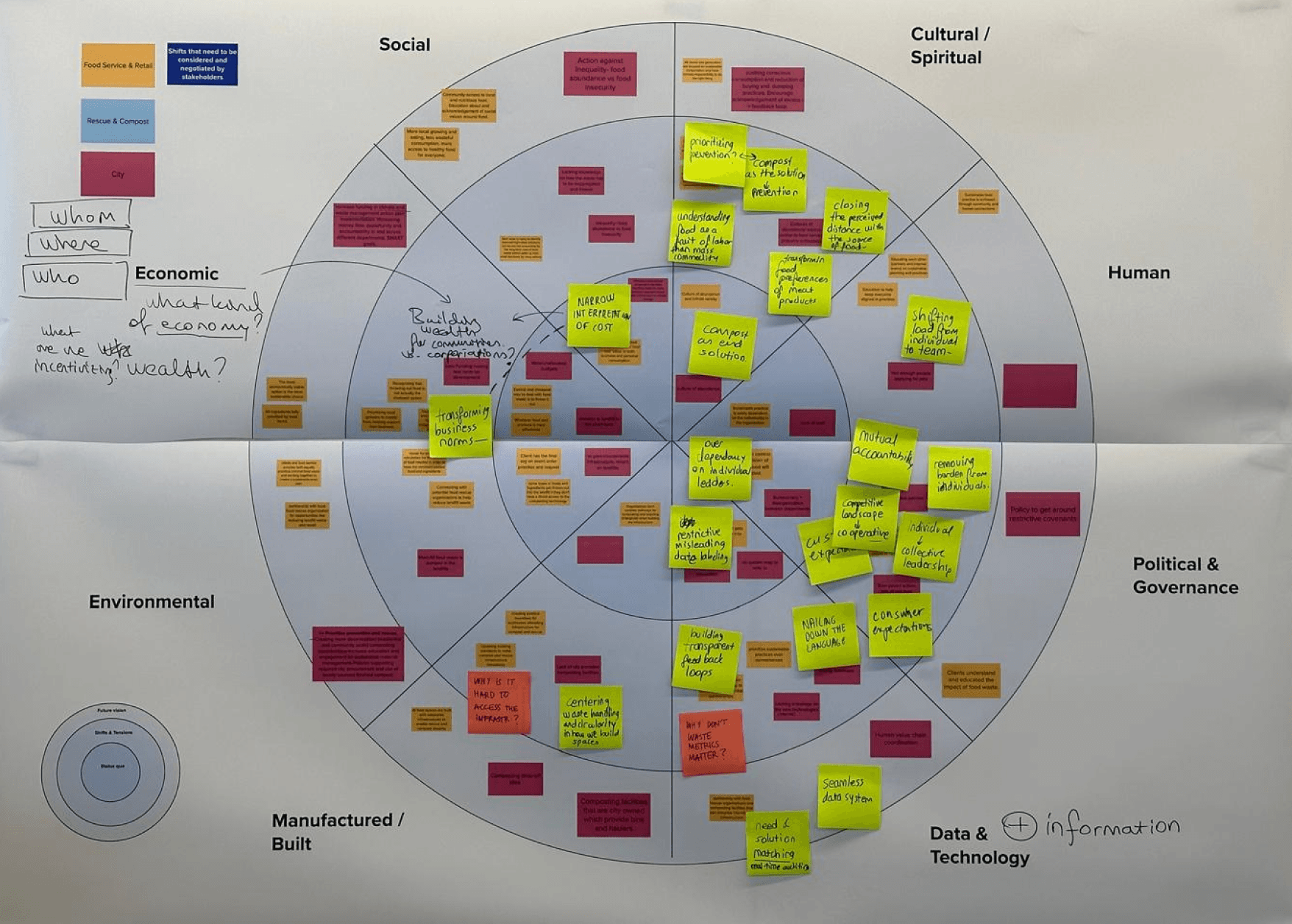
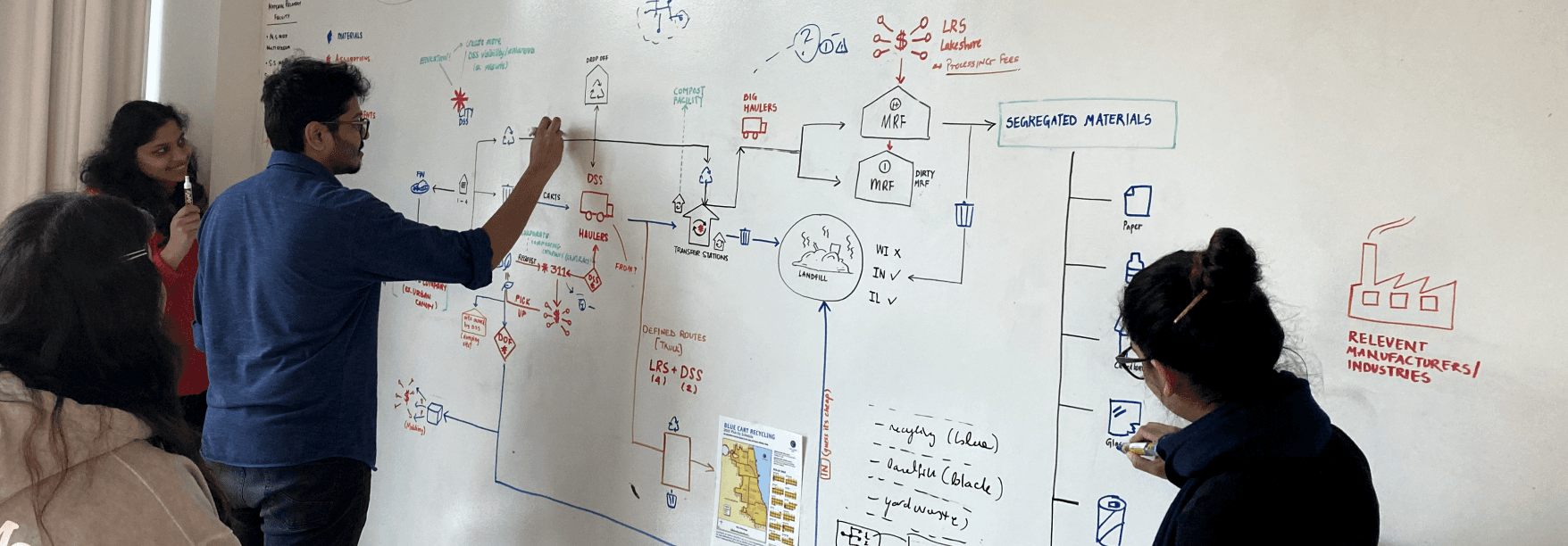
Mapping Food Flows
Diverting food waste from landfills is a complex challenge that requires integration of efforts at all levels of the food system, from production to distribution and waste management.
Over the course of ten weeks, we mapped the flows of food and waste in food service, from the perspectives of our project partners. We not only tried to understand the systems but also understand their priorities along the way from each arising insight. These visualization facilitated knowledge sharing among stakeholders, enabling them to identify potential partners and foster connections. Additionally, the visual outlines aided in bridging A gaps and opened new possibilities for cooperation. We approached the mapping from three angles: waste reduction, food rescue, and food recycling, offering a comprehensive view of potential intervention points.
The maps which were produced at the end of the ten weeks.
Derived Insights
Policy complexity hinders practical sustainability efforts in food waste management.
Communication gaps between city management and stakeholders challenge transparency and accountability.
City policies often misalign with the actual needs of citizens and organizations, requiring adaptable solutions.
Food service organizations face systemic challenges in sustainability, highlighting a need for increased support and resources.
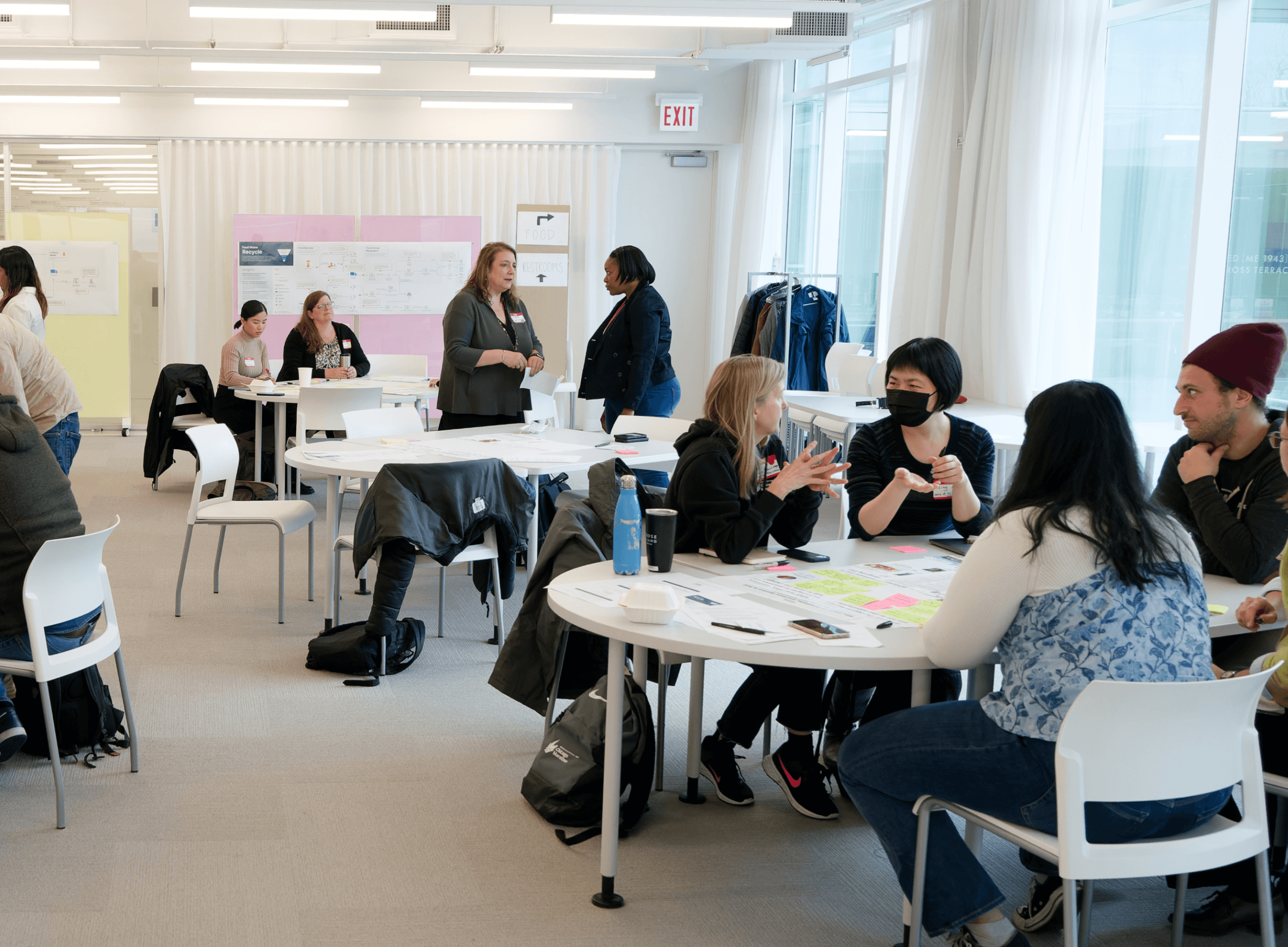
Food Matters Think Tank 2.0
After mapping the system and understanding what our partners want we started to prepare for the second think tank. At our second think tank, we welcomed all partners, seeking insights into critical questions like, "How can we make composting solutions both accessible and adaptable for every household in the City?" and "What strategies could effectively encourage food businesses to participate in food rescue while minimizing obstacles?"
Facilitating a discussion among policymakers and food activists proved to be a profoundly enlightening experience. Traditionally, there's been a notable divide between these groups, but our workshop endeavoured to bridge this gap. Engaging in these dialogues and grasping the operational dynamics of different organizations highlighted the profound impact of even the most straightforward policies. This experience underscored the significance of adopting a systems-thinking approach, revealing the inter-connectedness and the collective impact we can achieve.
The opportunity spaces that arose.
1
Platforms for collaboration & knowledge sharing
What if there were platforms showcasing successful food waste reduction case studies in Chicago?
2
Data as Enabler
What if the food data was bade more adaptable and flexible to address the dat gaps and accommodate needs of diverse stakeholders?
Our Learnings
Support collaboration by providing resources and opportunities for community-driven problem-solving
Incentivize sustainable choices and expand access to resources
Cultivate mindsets that value food and prevent waste
Develop policies for further adoption of existing good practices and clear, transparent regulations
Impact
Through two think tanks and mapping exercises, we aligned our partners (City of Chicago & NRDC) with the desires and potential pathways identified by community-driven organizations. These activities enabled them to delve deeper into existing challenges, using visualizations to better understand and identify where gaps exist.





